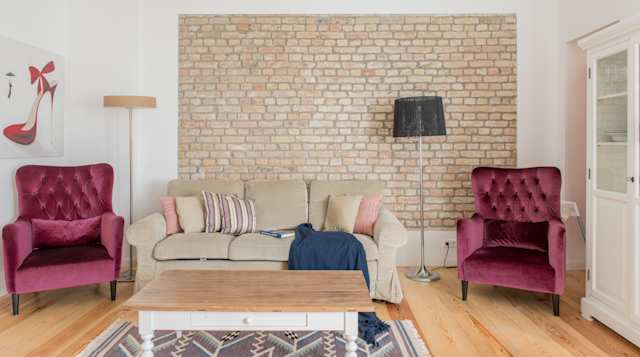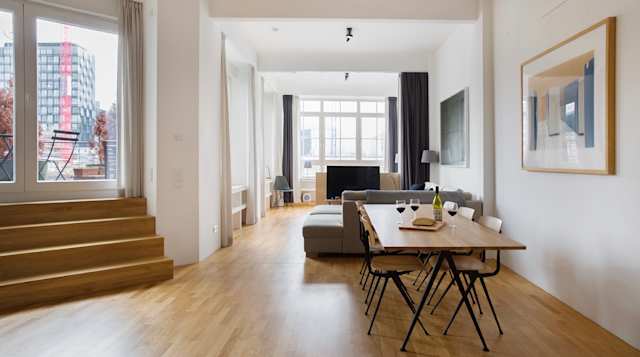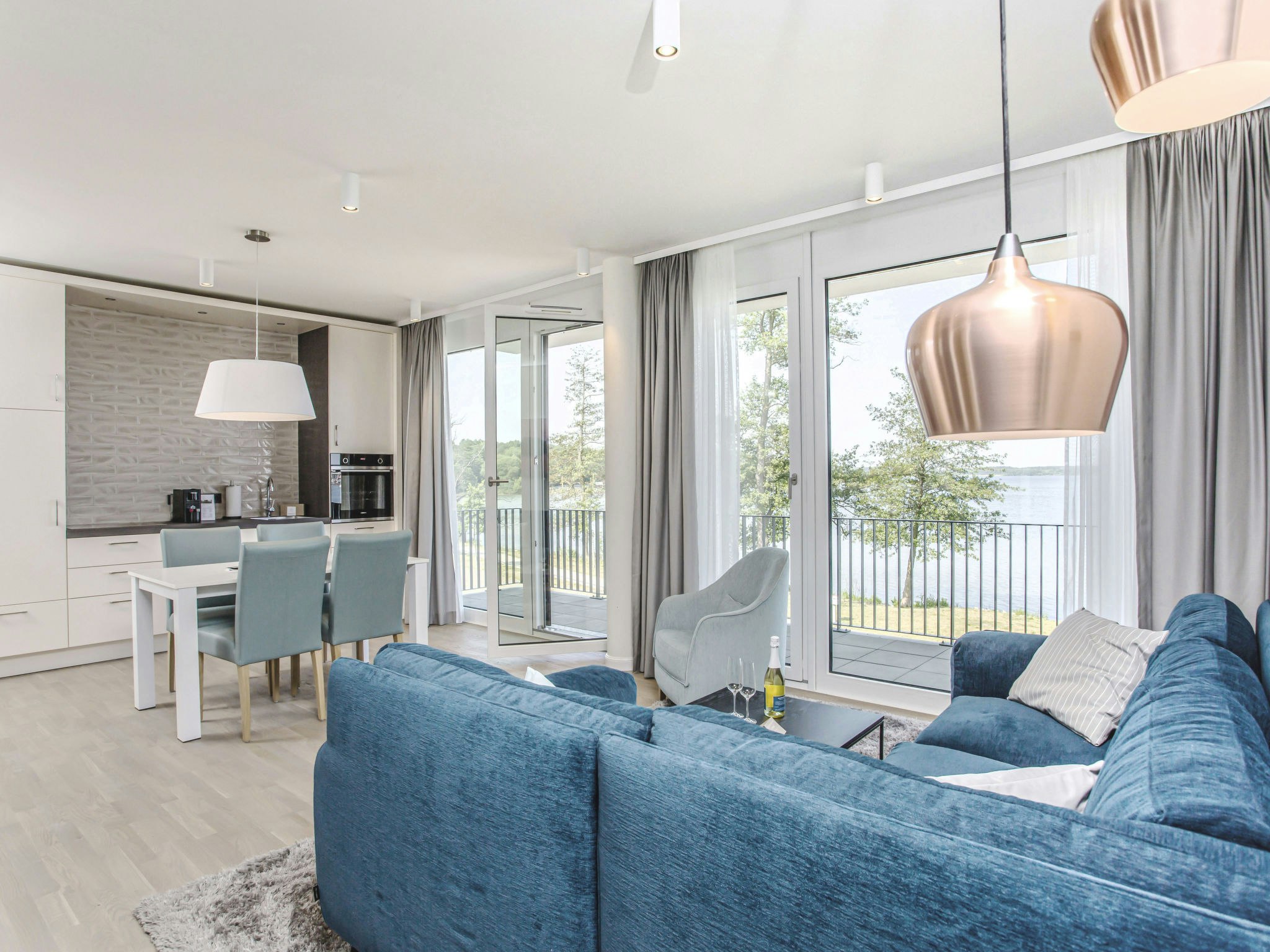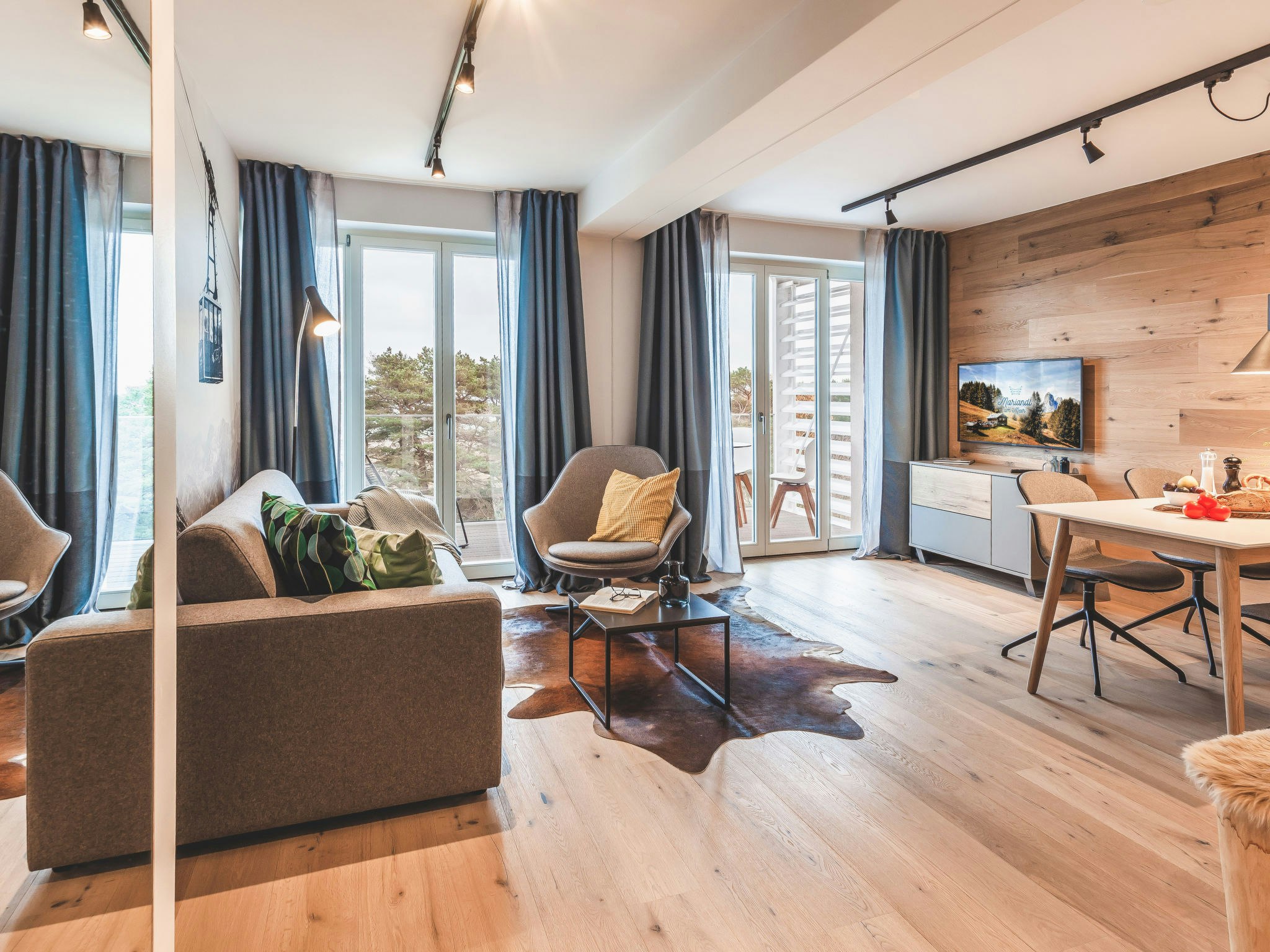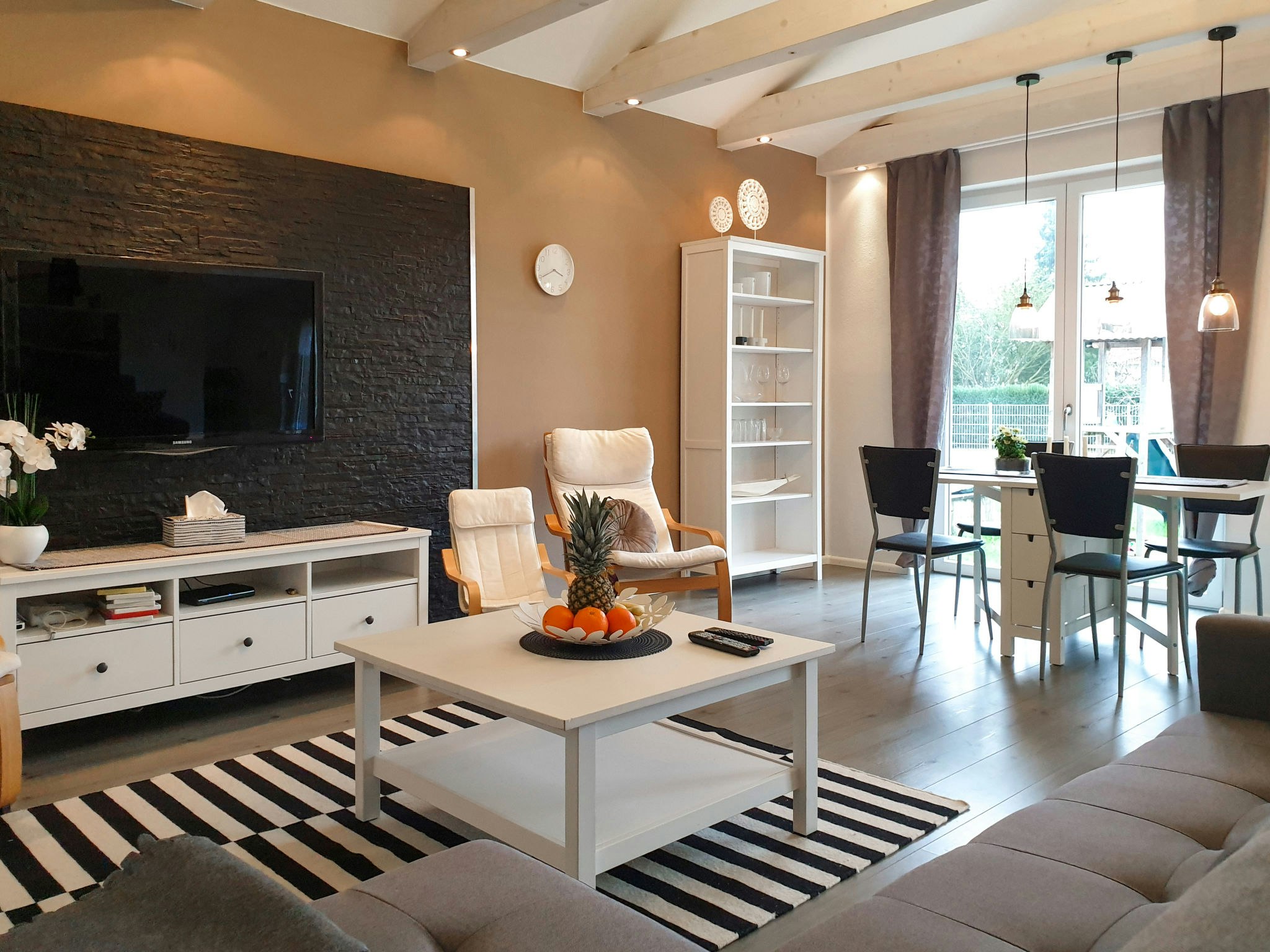Your (Honest) Guide to German Work Culture
Doing business in Germany? Avoid any awkward situations with this guide to German work culture.
~

Whether you’re moving to Germany for a new job or heading on a quick work trip, there are some important things to know about German work culture before you get there. Although the saying ‘when in Rome, do as the Romans do’ is a cliché, wiser words have never been spoken. Before you pack your lederhosen and dirndl (typically Bavarian and not worn in Berlin – thank us later), make sure you get to know the dos and don'ts of business etiquette in Germany with Plum Guide's top tips.

View of Berlin captured from the River Spree
Greetings
So you've headed our from your stylish Plum home and you’re ready for your first meeting. Start with a good, firm handshake. Add some eye contact (but please, not for too long - that’s universally strange) and you’ve nailed the first steps of a greeting in German work culture. What comes next is the challenging part. Something that proves quite tricky for native English speakers to get their heads around is the different forms of address that exist in the German language: the informal ‘du’ and the formal ‘Sie’. In a professional setting, it’s wise to use ‘Sie’, unless the person you are addressing has given you the green light to use ‘du’. It’s also a good idea to greet someone with the titles ‘Herr’ if they’re a man, and ‘Frau’ if they’re a woman, followed by their surname. When answering the phone, start by stating your surname.
Punctuality
If there’s one thing synonymous with the Germans, it’s punctuality so make sure you head out from your Plum apartment on schedule. Being on time is one of the most important rules in German work culture. Time is precious, and meetings and appointments all run on schedule. Don’t even think about turning up a few minutes late, or - Heaven forbid - cancelling last minute. If something does come up, make sure you phone up and explain your situation (and you’d better have a pretty solid excuse). Unsurprisingly, projects are also expected to be completed on time. Having said that, a greater emphasis is put on doing something accurately rather than quickly.
Communication and small talk
We’re not saying that the stereotype of Germans being serious and humourless is true, however, you may find it slightly difficult to make small talk. Germans are quite reserved and it may take some time for them to open up to you. They’re very direct in the way they communicate, so don’t be offended when a colleague fires their opinion at you without any prior small talk. It’s not an attack. It’s said that this directness and desire for efficiency eliminates the need to dilly dally with small talk. If you do find yourself in a situation where you’re having a little chinwag with a German, it’s important to know what topics are acceptable. Personal matters, politics and religion are off limits. Safe topics are sports, travel, films and hobbies.
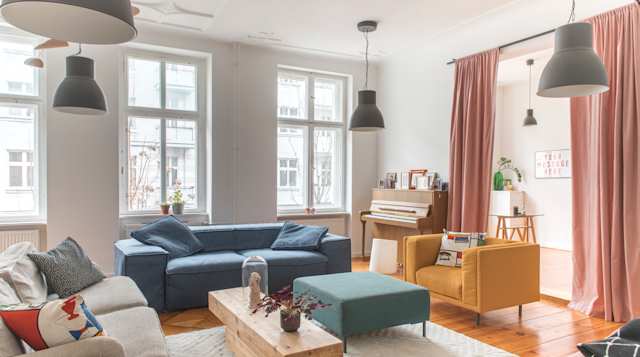
The Reformer, Plum Guide home in Berlin
Attire
Physical appearance is something the Germans take pride in, especially when it comes to German work culture. The work dress code varies depending on where you are in the country. Berlin has a large creative scene and is a lot more casual than other cities like financial Frankfurt, so you might get away with those ‘trendy’ jeans you’ve been dying to wear. But if you’re heading to a formal business meeting, you’ll be expected to dress the part. This means dark suits, white shirts and ties for men, and dark suits, white blouses and conservative dresses for women. Wearing heavy makeup or dripping in accessories is a no go.
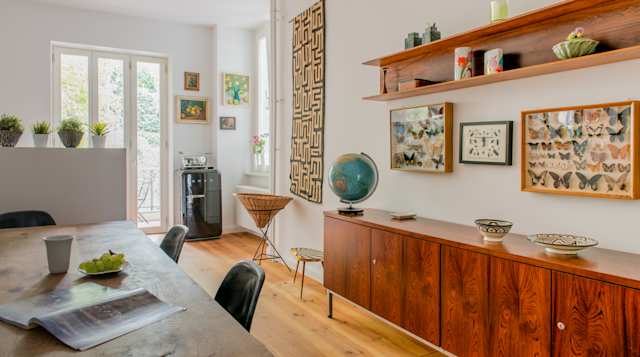
Stilleben, Plum Guide home in Berlin
Gifts
Although exchanging gifts isn’t standard business etiquette in Germany, it’s not unusual to present a company with gifts when making contact for the first time. Things like quality pens or other stationery with your company logo are appropriate. Even a bottle of imported liquor can get you in their good books (I mean, we don’t blame them). Speaking of alcohol, we hate to break it to you, but work socials aren’t a common event in Germany. However, if you start off on the right foot then you may find yourself with a dinner invitation to a colleague’s home. This is where you should definitely bring a gift. Avoid anything too expensive or extravagant - stick with fine wines and chocolates, or even a delicacy from your home country. A bouquet of flowers is also a good idea. Just make sure not to give any red roses, as this is seen as a declaration of love (unless you do have romantic intentions, then we’re not stopping you).
Workplace hierarchy and bureaucracy
In terms of things that are highly valued, workplace hierarchy is up there with beer and sausages. Nevertheless, not all companies adopt a formal hierarchy and it’s becoming more common to see flatter hierarchies in industries like tech and design. But no matter what form or shape the company’s hierarchy looks like, you’re bound to find structures and rules everywhere you look. This love for bureaucracy mainly comes down to the fact that the country is extremely risk-averse. There’s no way anything should be left to chance, so good business etiquette in Germany is to adhere to all regulations and procedures. And we hope you’re into contracts and written agreements, because there’ll be a lot of them. Don’t say we didn’t warn you.
